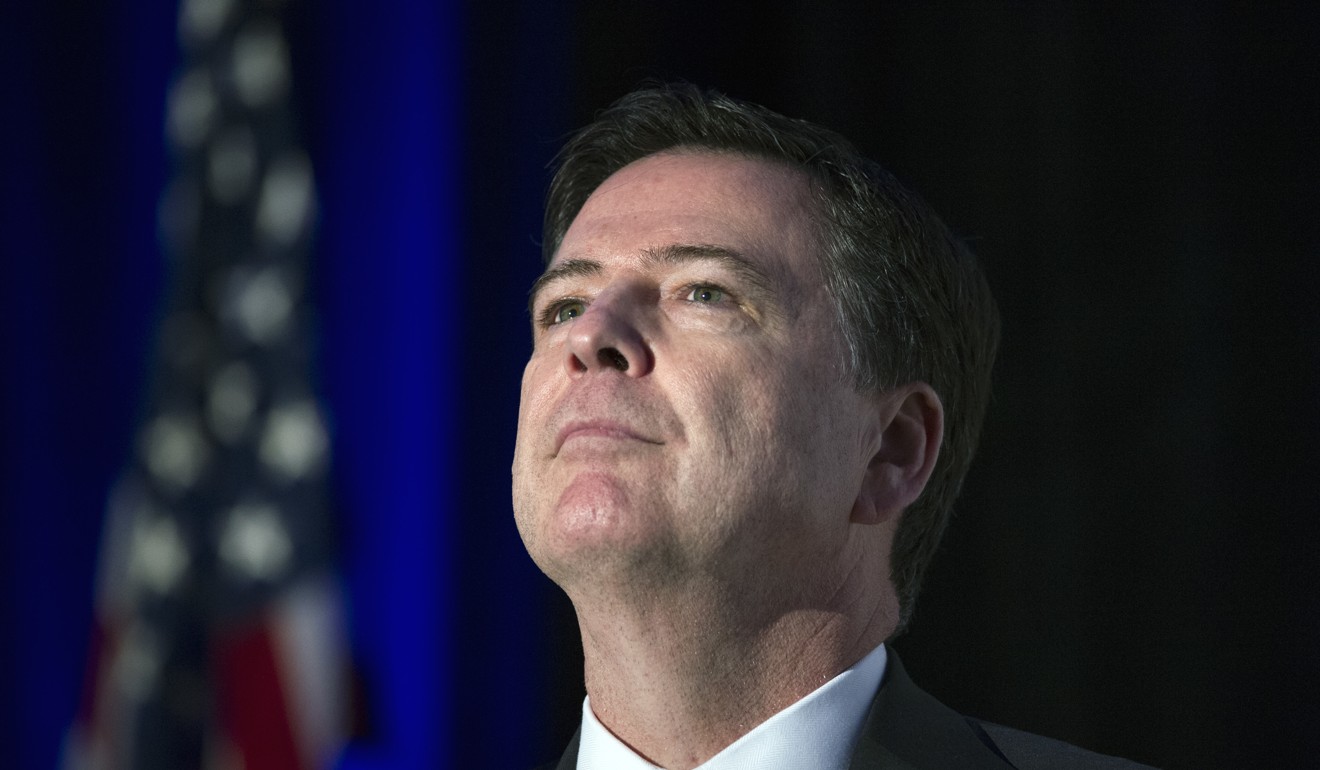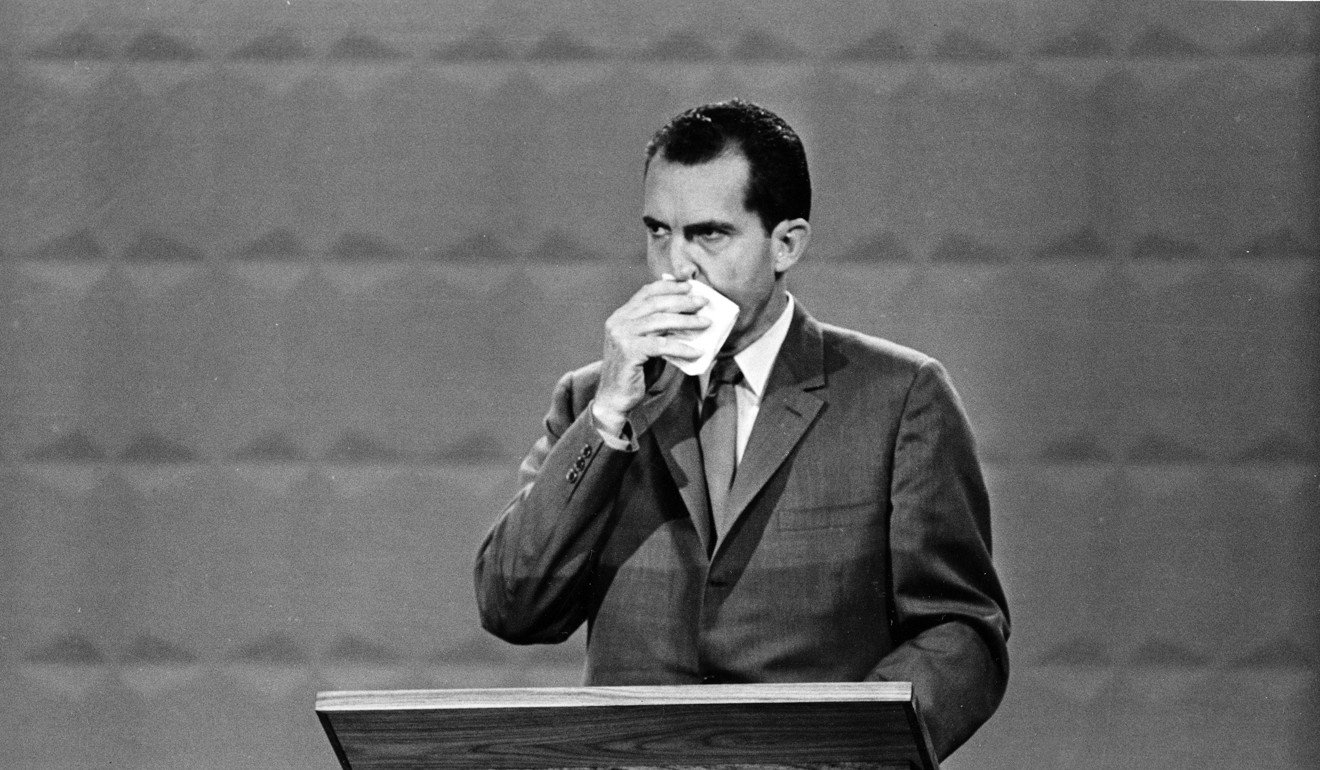
Is it time to invest in China as shaky Trump presidency threatens US stock rally?
As political storms gather in Washington, now might be the time to take profit from US equities, say analysts
US stocks have enjoyed their biggest bull run in years. But some investors are starting to think the rally may be running out of steam as a worsening political fallout in Washington dampens risk appetite.
Economic growth, not just in the United States but globally, has been solid, with corporate profit growth improving so far this year. Some analysts are even revising upwards their earning estimates.
But US equities were already quite expensive while the Donald Trump administration remained a source of uncertainty as questions were raised about the president’s ability to deliver aggressive fiscal stimulus to cut corporate and individual taxes, analysts said. So for investors, now may be the time to take some profit from US equities and invest elsewhere.
“As everybody is so optimistic and expects the rally to continue, we revised down to a neutral position on equities globally, especially in US stocks,” said Florent Brones, chief investment officer at BNP Paribas Wealth Management. “In the long term, however, we are still positive on the global stock market.”
As everybody is so optimistic and expects the rally to continue, we revised down to a neutral position on equities globally, especially in US stocks
Reflecting market concerns that political storms could morph into economic risks, an index tracking the US dollar against a basket of currencies has given up all the gains it made after Trump’s election victory.
Allegations were made this week that Trump disclosed classified information about a terrorist plot involving Islamic State to Russian Foreign Minister Sergey Lavrov. That closely followed his hugely controversial firing of Federal Bureau of Investigation director James Comey.

“Republican party doubts over the US leadership are leading to weakening confidence in whether Trump’s larger economic policy agenda can get past [Congress],” said Stephen Innes, a senior trader at Oanda. “A lot is predicated on the US tax reforms.”
The S&P 500 Index and the Dow Jones Industrial Average continued to hit record highs this week amid a benign interest rate environment. Market consensus is for the Federal Reserve to raise interest rates three more times this year, with the next rise expected as soon as next month.
However, the latest US economic data was mixed. Construction of new homes and building permits unexpectedly declined last month, indicating the market is off to a weak start this quarter, while industrial production rose a better-than-expected 1 per cent.
Fed chairman Janet Yellen’s comments last month that her focus had shifted to holding growth gains also appeared relatively dovish.

China’s economy was less sensitive to US policies than those emerging-market nations where trade contributed to a larger proportion of their growth, Brones said.
“We want to invest in the new economy in China where growth is higher,” Brones said.
He favours the services, technology consumption and health-care sectors while avoiding agricultural and industrial stocks.
Brones is not overly concerned about China’s regulatory crackdown on leverage, which he believes is unlikely to reduce corporate debt or have any significant impact on economic growth.
Chinese stocks had a four-day winning streak through to Tuesday as they recovered from a liquidity squeeze in the financial system that has sent the Shanghai Composite Index down 7.2 per cent over the past month.
The pace of [China’s] regulatory crackdown may slow so that the official economic growth target of 6.5 per cent can still be achieved
After the shake-out in the stock and bond markets in the past month, authorities appear to be slowing the pace of regulatory tightening to avoid excessive financial stress. China’s broad credit growth rebounded last month from March and was well above consensus estimates.
The People’s Bank of China’s first-quarter monetary policy report also hinted at a less hawkish stance, suggesting the need to improve coordination of financial policy as well as the “timing” and “rhythm” of regulatory measures.
It said this would help “stabilise market expectation” and “strike a balance between deleveraging and ensuring basic stability in liquidity conditions”.
“The pace of regulatory crackdown may slow so that the official economic growth target of 6.5 per cent can still be achieved,” said Shuang Ding, head of greater China economic research at Standard Chartered Bank.

